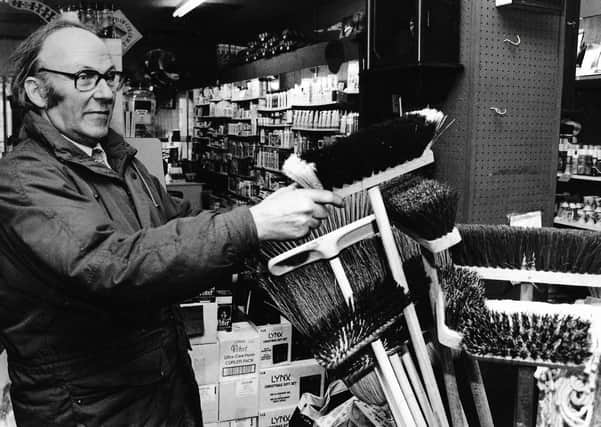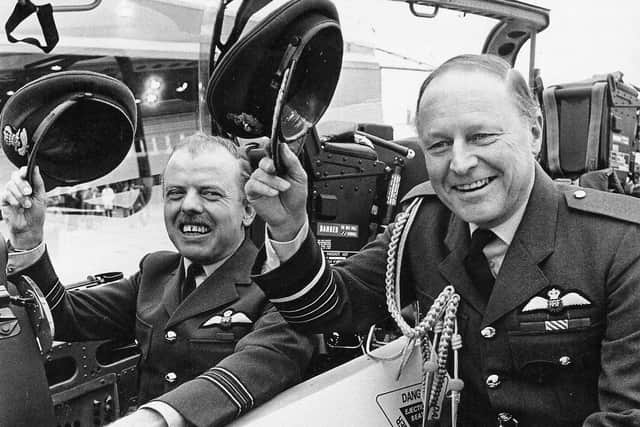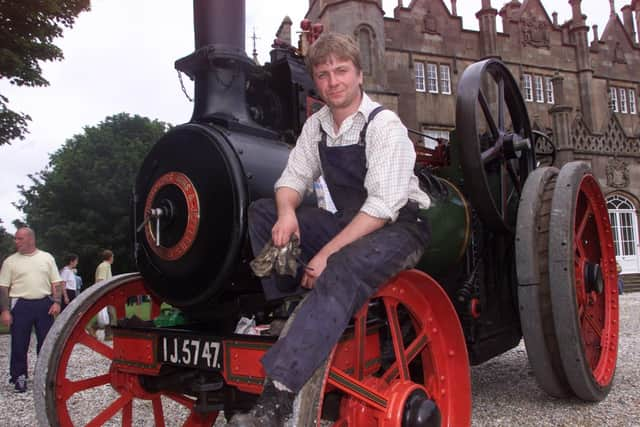THROUGH THE ARCHIVES: From the News Letter of October 1925


Damage amounting to several thousand pounds, “a sum of £50,000 being mentioned”, was caused this week in 1925 when a large fire broke out at the Linfield Road premises of the Ulster Spinning Company in Belfast. The fire destroyed an extensive yarn store containing “a large stock of material”.
The News Letter noted that the “smart work” of the Belfast Fire Brigade had prevented the flames spreading to adjoining buildings, but the long, low structure, in which the fire had originated, had been left “completely gutted” and up until the evening of October 11 firemen continued pouring water over the still blazing remains.
Advertisement
Hide AdAdvertisement
Hide AdThe News Letter reported: “The scene of the fire is familiar to travellers on the Great Northern Railway, being situated a few hundred yards outside the Belfast terminus, and overlooking the line. Covering a wide urea, there are the Linfield and Grove Mills, while the Linfield factory of the Ulster Weaving Company is adjacent.


“ The yarn store in which the outbreak originated is on the outer edge of the boundary of the firm’s works, the rear wall being close to the railway.
“It was about 200ft long, with a tarred roof resting on iron columns, the outer wall being of timber.
“Nothing is known as to how the fire occurred, and close investigation yesterday failed to trace the source, but one theory advanced is that a spark from a passing engine may have fallen on the roof and caused the outbreak.”
The ‘crazy’ boundary!


Advertisement
Hide AdAdvertisement
Hide AdSpeaking at a special house dinner to open the winter season at the Irish Club in London this week in 1925, Mr George Henderson, an MP for Co Antrim in the Ulster Parliament, denounced the existence of two parliaments in Ireland and described the boundary between Ulster and the Irish Free State as “crazy”.
He accepted the parliament in Northern Ireland may not have had the same powers as the southern parliament but he believed it was one of the reason why in Ulster “they had not made so many blunders as the Free State”.
He added: “The present Northern Ireland Parliament is more interesting than the last one. We have now got an Opposition, and the people are beginning to take more interest.”
Comment Guidelines
National World encourages reader discussion on our stories. User feedback, insights and back-and-forth exchanges add a rich layer of context to reporting. Please review our Community Guidelines before commenting.